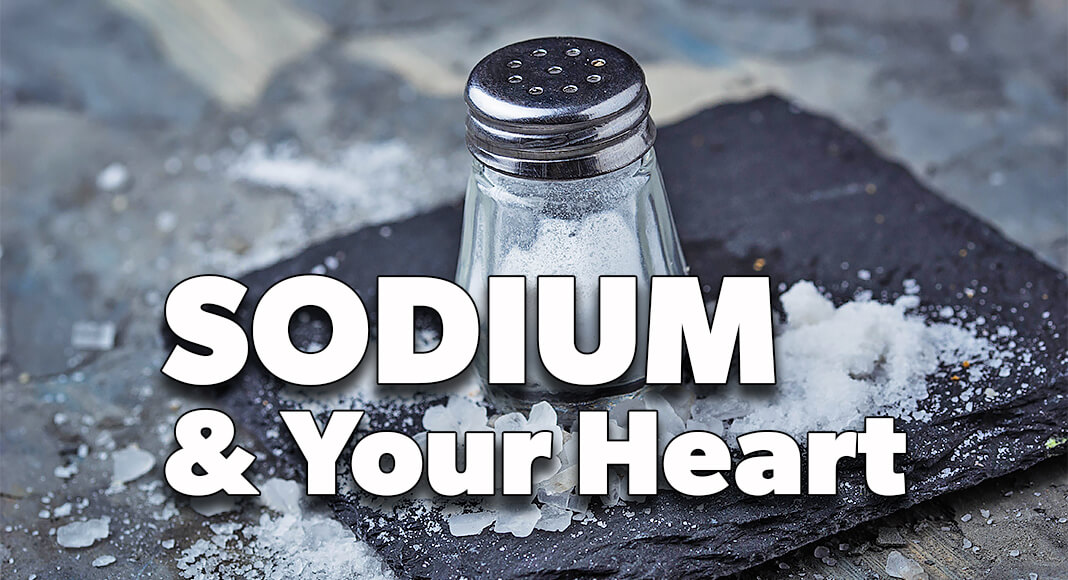
Mega Doctor News
CLEVELAND CLINIC – If you have heart disease, this is a reminder to cut down on your sodium.
A study found that a majority of people with heart disease are consuming twice the recommended daily amount.
“Every patient that I talk with about sodium, the first thing they’re going to tell me is, ‘Doc, I never add salt to my food’,” said Luke Laffin, MD, preventive cardiologist for Cleveland Clinic. “But, it’s important to understand that less than 5% of the sodium that we ingest, on average, is from the saltshaker. The majority of sodium is already in the food that we eat.”
Dr. Laffin, who was not involved with the study, said it’s important to check the labels on your food.
So, how much sodium should someone with heart disease have?
The American Heart Association recommends 1,500 milligrams a day.
Dr. Laffin explains that consuming too much sodium can put a person with heart disease at risk for other cardiovascular complications.
For example, it can raise their blood pressure, which in turn can damage their blood vessels and force the heart to work harder.
Too much sodium can also cause your body to retain fluid.
Dr. Laffin said it’s best to stick with a low-sodium diet.
And if you really need table salt, consider using an alternative instead.
“One misconception that often comes up is that different types of salt are healthier for you than others. So, sea salt, table salt, Himalayan salt, there’s all kinds of different types of salt. They all raise blood pressure. They’re all sodium,” he said. “What can be a little bit more beneficial are those salt substitutes, which is typically potassium chloride. And so those can be found in pretty much any grocery store and can be a good alternative if someone really needs that taste.”
The researchers in this study noted that they compared sodium intake among multiple socioeconomic groups and didn’t find any significant differences.










